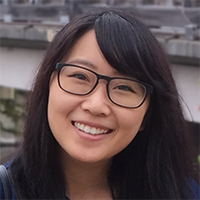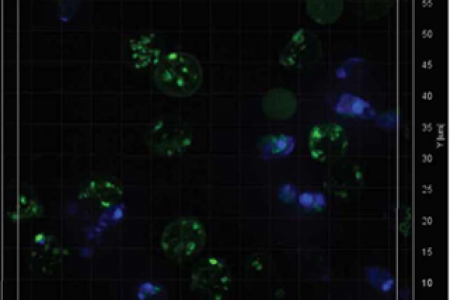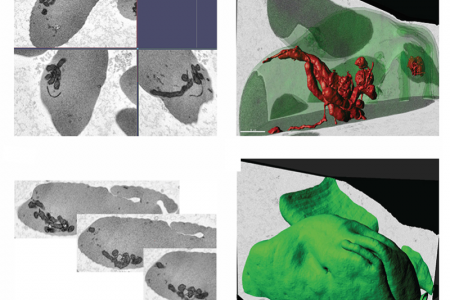Video
Optimism for new drugs for treating sickle cell disease
Clinical Trials and Studies
Meet the Team

Swee Lay Thein, B.S., F.R.C.P., F.R.C.Path., D.Sc., FMedSci
Swee Lay Thein was educated in both Malaysia and the United Kingdom. She completed her specialist training in hematology at the U.K. Royal Postgraduate Medical School, Hammersmith, and the Royal Free Hospital, London. In 1982, she joined the U.K. Medical Research Council Molecular Hematology Unit in Oxford where she held various positions, including clinical training fellow, Wellcome Senior Fellow in Clinical Science, senior clinical scientist, and honorary consultant hematologist.
Dr. Thein was appointed in 2000 to the position of professor of molecular hematology and consultant hematologist at King’s College London, and served as clinical director of the Red Cell Centre in King’s College Hospital. At the hospital, she treated adult patients with sickle cell disease and also provided consultation to clinicians and researchers throughout the world on patients with unusual forms of thalassemias, inherited blood disorders that disrupt the normal production of hemoglobin, resulting in anemia.
Dr. Thein joined the NHLBI in spring 2015 as Senior Investigator and Chief of the institute’s newly formed Sickle Cell Branch.
Dr. Thein is author or co-author of more than 400 peer-reviewed research publications, invited review articles, and book chapters. She has been honored for her research with a fellowship from the U.K. Academy of Medical Sciences in the U.K. Dr. Thein also was awarded a visiting professorship from Kuwait University and an honorary professorship in pathology from the University of Hong Kong. She has served/serves on the editorial boards of the research journals Blood, Pathology, Annals of Haematology, Hemoglobin, and the American Journal of Hematology and was feature editor of the journal Blood’s Sickle Cell Disease hub, a micro-website that complements research published in the journal with links to articles, images and slideshows, and other multimedia.
Dr. Thein was chair of the European Hematology Association’s scientific working group for red blood cells and iron disorders from 2011–2014 and has organized annual international conferences on sickle cell disease (Sickle Cell in Focus, SCiF) since 2006. She also has been instrumental in organizing scientific and educational conferences on red blood cell disorders for the European Hematology Association and European School of Hematology.
Contact the lab

Ingrid Frey, RN, BSN, MS

Anna Conrey, MSN, RN, CRNP-AC

Kolapo Oyebola, PhD
Nancy Asomaning, MS, CCRC

Laxminath Tumburu, PhD
Xunde Wang, PhD
Eveline Gwaabe, MSN, APRN, NP-C, APCWCN

Temiloluwa Okusolubo

Rudra Ray, PhD

Ruth Pierre Charles, M.Ed., MHSc, DMSc, PA-C

Kang Le, Ph.D.

Behzad Mahaseny

Britney Kruah, M.S.

Megan Lormore, BS, CCRC

Quinlan Batcheller, MPH





